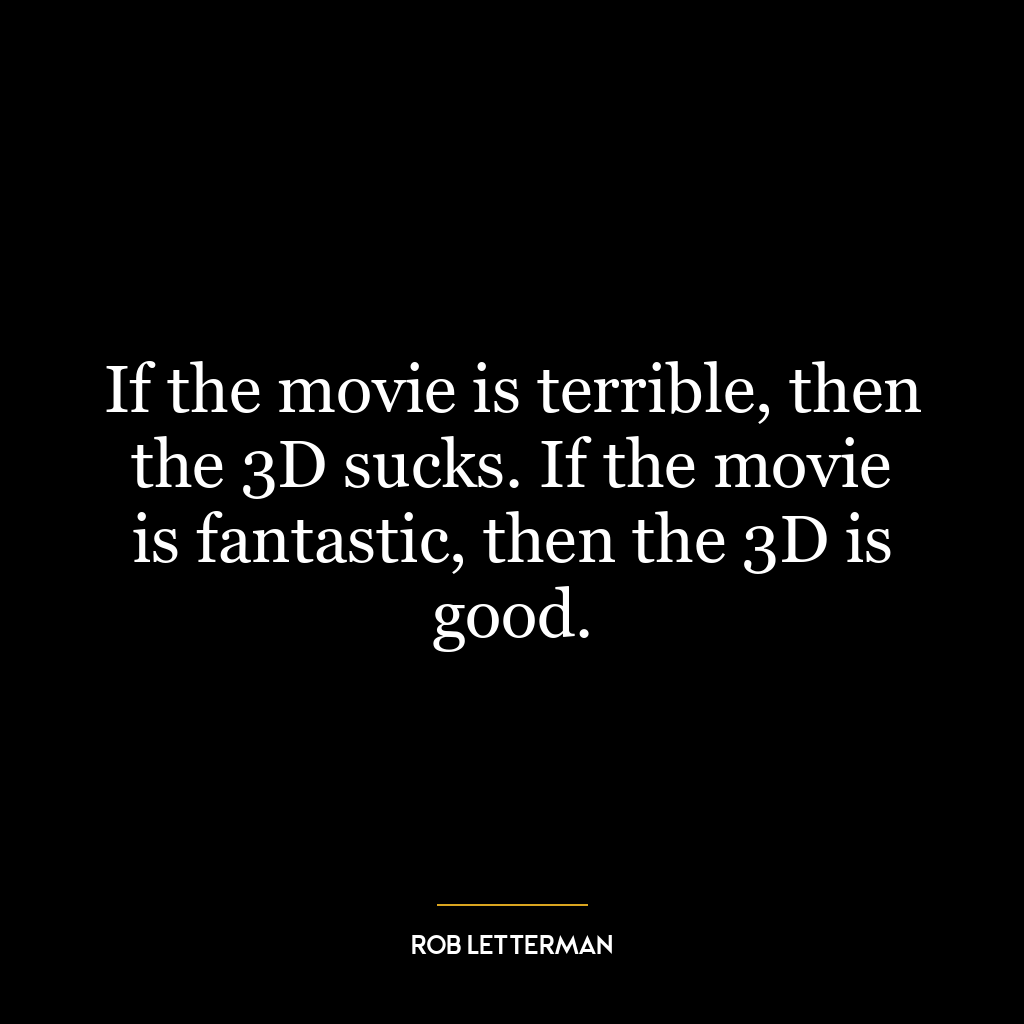'Ignorance' Quotes
Ignorance quotes hold great significance as they shed light on the dangers of ignorance and the importance of knowledge and understanding. These quotes have been used by philosophers, leaders, and activists throughout history to inspire individuals and society to seek truth and reject ignorance. The…Read More
Ignorance quotes hold great significance as they shed light on the dangers of ignorance and the importance of knowledge and understanding. These quotes have been used by philosophers, leaders, and activists throughout history to inspire individuals and society to seek truth and reject ignorance. They serve as a reminder that ignorance can lead to prejudice, injustice, and conflict, while knowledge can bring about progress and enlightenment. Famous figures such as Nelson Mandela, Martin Luther King Jr., and Malala Yousafzai have used ignorance quotes to challenge oppressive systems and promote education and awareness. These quotes continue to resonate and motivate people to question their beliefs and strive for a more informed and compassionate world.Read Less
Ignorance quotes hold great significance as they shed light on the dangers of ignorance and the importance of knowledge and understanding. These quotes have been used by philosophers, leaders, and activists throughout history to inspire individuals and society to seek truth and reject ignorance. They serve as a reminder that ignorance can lead to prejudice, injustice, and conflict, while knowledge can bring about progress and enlightenment. Famous figures such as Nelson Mandela, Martin Luther King Jr., and Malala Yousafzai have used ignorance quotes to challenge oppressive systems and promote education and awareness. These quotes continue to resonate and motivate people to question their beliefs and strive for a more informed and compassionate world.
1684 Exceptional 'Ignorance' Quotations and Sayings
Ignorance is a concept that has been explored and discussed by philosophers, writers, and leaders throughout history. It is a state of being unaware or uninformed about something, and it can have both positive and negative connotations. In this article, we will delve into the symbolic value, cultural and historical significance, common themes in motivational contexts, portrayal in art and media, and the impact of ignorance on our understanding of life and society.
Ignorance – Symbolic Value
Ignorance is often symbolized by darkness, blindness, or a lack of knowledge. In many cultures, it is seen as a negative trait, something to be avoided and overcome. In Christianity, ignorance is often associated with sin and is seen as a barrier to spiritual growth. In Hinduism, ignorance is one of the three main obstacles to enlightenment, along with desire and attachment. This symbolic value of ignorance highlights its detrimental effects and the importance of seeking knowledge and understanding.
Ignorance – Cultural and Historical Significance
Throughout history, ignorance has played a significant role in shaping societies and cultures. In ancient Greece, Socrates famously said, “The only true wisdom is in knowing that you know nothing.” This statement highlights the importance of acknowledging one’s ignorance and seeking knowledge. In the Middle Ages, ignorance was used as a tool by the ruling class to maintain power and control over the masses. The spread of education and the rise of the Enlightenment period challenged this notion and emphasized the value of knowledge and critical thinking.
Ignorance – Common Themes in Motivational Contexts
In motivational contexts, ignorance is often used as a driving force for change and growth. Many motivational quotes revolve around the idea of overcoming ignorance and seeking knowledge. For example, Albert Einstein said, “The more I learn, the more I realize how much I don’t know.” This quote highlights the never-ending pursuit of knowledge and the acknowledgment of one’s own ignorance. Similarly, Nelson Mandela said, “Education is the most powerful weapon which you can use to change the world.” This quote emphasizes the transformative power of knowledge and the detrimental effects of ignorance.
Ignorance – Portrayal in Art and Media
Ignorance has been a recurring theme in art and media, often portrayed as a negative trait that leads to conflict and suffering. In literature, characters who are ignorant are often portrayed as naive or foolish, and their lack of knowledge leads to their downfall. In visual art, ignorance is often depicted as a dark, shadowy figure, representing its negative impact on individuals and society. In modern media, ignorance is often portrayed as a barrier to progress and understanding, with the spread of misinformation and fake news being a prime example.
Ignorance – Impact on Understanding of Life and Society
The impact of ignorance on our understanding of life and society cannot be overstated. It can lead to prejudice, discrimination, and conflict, as seen throughout history. Ignorance can also hinder progress and development, as it prevents individuals from seeking knowledge and understanding. In today’s world, the spread of misinformation and fake news is a prime example of the detrimental effects of ignorance. It can lead to a lack of trust in institutions and a divided society.In conclusion, ignorance is a complex concept that has been explored and discussed throughout history. It holds symbolic value, has played a significant role in shaping cultures and societies, and is often used as a motivational tool. In art and media, it is portrayed as a negative trait, and its impact on our understanding of life and society cannot be ignored. As individuals, it is essential to acknowledge our own ignorance and strive to seek knowledge and understanding to overcome its detrimental effects.





